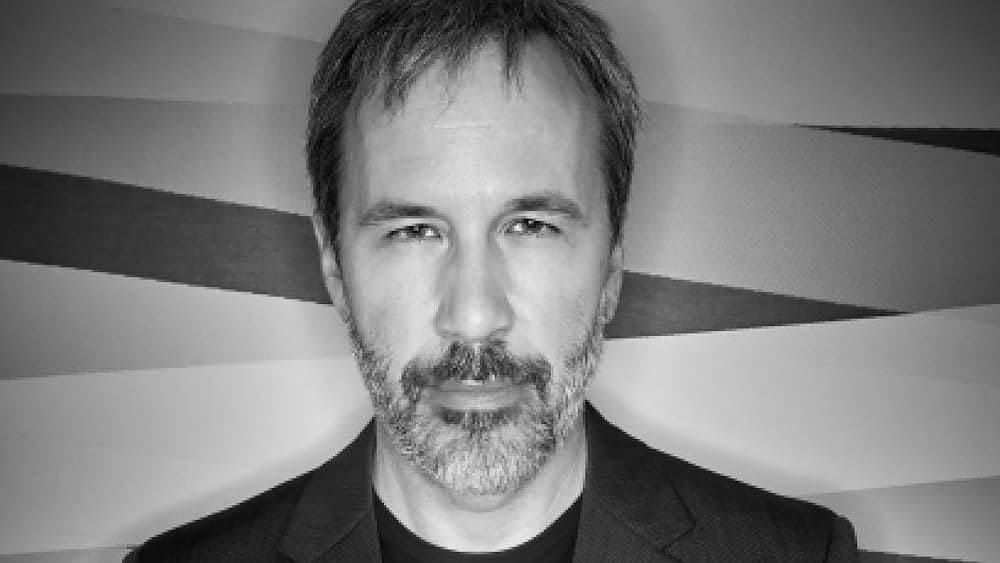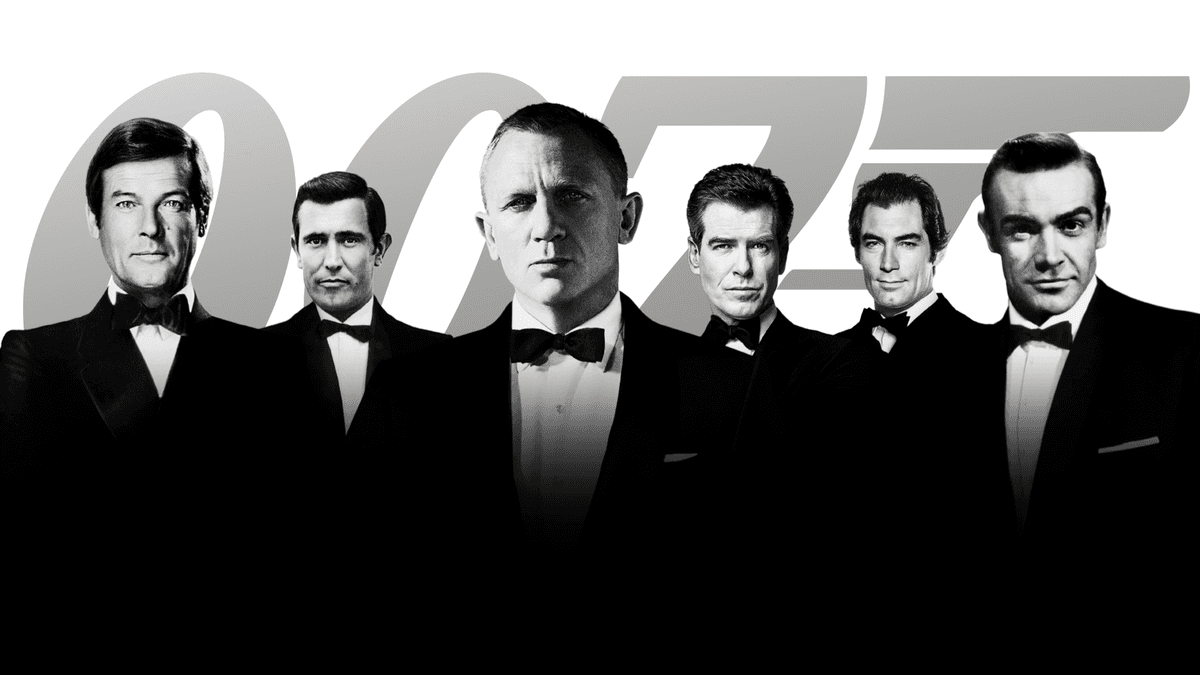
Twenty million dollars for the creative keys to James Bond. That number made me do a double take-not because movie buffs are shocked (they are), but because as a gamer, that figure screams “expect changes.” Amazon MGM has reportedly secured creative control from longtime guardians Michael G. Wilson and Barbara Broccoli via a joint venture, keeping the duo involved but with limited veto power. For games, this could be the biggest behind-the-scenes move since IO Interactive announced Project 007. When the gatekeepers change, approvals change. Timelines change. And usually, the whole strategy around how 007 lives across media changes, too.
Per the filings, Amazon MGM paid $20 million for control via a joint venture while Wilson and Broccoli retain economic participation and a limited say. Eon Productions even flagged a “significant strategic shift” (their phrase was in French: “changement stratégique significatif,” translated) as they pivot toward smaller, independent projects. Translation for games: approvals and brand sign-off are now primarily an Amazon MGM function, not an old-guard Eon fiefdom. That means if a publisher wants to greenlight a Bond game-whether it’s IOI’s origin story or something entirely new—the path could be clearer, faster, and aligned with Amazon’s broader media machine.
That broader machine matters. Amazon has Prime Video, Twitch, Prime Gaming, Luna, and a growing publishing arm. Add Denis Villeneuve reportedly directing the next film, with Amy Pascal and David Heyman producing, and you can feel the intent: big, prestige, tightly managed 007. Historically, Bond games have whiplashed between highs (GoldenEye 007, Everything or Nothing) and forgettable tie-ins (007 Legends). Consolidated creative control can prevent the latter—but only if the people in charge value games as more than marketing.
IO Interactive has been crafting Project 007 as an original, non-movie Bond—exactly the right approach after years of flimsy tie-ins. With Amazon MGM now steering the ship, there are two probable impacts. First, faster, more coherent brand decisions. Hitman’s bespoke stealth sandboxes live and die by clarity around tone, violence, gadgets, and how “Bond” can act. A single creative owner with a consistent brand bible could be a blessing for IOI’s designers. Second, marketing firepower. Imagine a synchronized Prime Video campaign, Twitch Drops, and Prime Gaming bonuses pushing a Bond game that isn’t shackled to a movie’s release window.

Amazon Games publishing the next Tomb Raider is the tell here. The company is willing to bankroll big, narrative-driven single-player IP, not just live-service gambles. If Amazon likes what IOI is building, don’t be shocked if it tries to deepen the partnership—whether through marketing support, platform promotions, or even publishing involvement down the line. And if Project 007 slips, Amazon has the leverage to greenlight parallel projects: a smaller rogue-lite spy spin-off, a VR training simulator, or a story-driven mobile entry, all fitting a centralized 007 playbook.
The best Bond games weren’t film tie-ins; they were confident, self-contained adventures. Amazon’s control could formalize that approach: no more crunching a game to match a film’s premiere, fewer committee notes demanding celebrity likenesses, and more runway to build mechanics that feel quintessentially Bond—social stealth, gadget-forward problem-solving, and flexible mission structure. If Villeneuve’s take leans grounded and high-tension, expect that tone to permeate the broader brand guidelines games work from—less quippy chaos, more sharp espionage with set-piece wow moments.

Central control cuts both ways. Amazon could decide “brand safety” means sanding down the edges that make a great stealth sandbox sing. We’ve been here: Activision’s 007 Legends tried to be all things Bond and ended up being nothing in particular—rushed, disjointed, and forgettable. The nightmare scenario is a mandate for cross-media synergy above all else: seasonal content calibrated to TV beats, cosmetic packs themed to Prime shows, or a nudge toward live-service filler because “engagement.” Bond doesn’t need battle passes; it needs missions that let you plan, improvise, and escape by the skin of your tuxedo.
IOI keeps creative autonomy under a streamlined approval pipeline. The game lands as a modern GoldenEye moment—not mechanically derivative, but culturally sticky: shareable emergent stories, robust stealth systems, and multiple routes that reward mastery without punishing experimentation. Amazon amplifies it with smart marketing, not mandates.
Release timing bends around the film slate. Creative decisions funnel into “on-brand” sameness, and gameplay gets shaped by cross-promo beats. The result: another glossy, shallow shooter with great trailers and zero legacy.

This caught my attention because $20 million is couch-cushion money for Amazon, yet it buys a vault of decisions that will ripple across games for a decade. The hopeful read: Amazon wants a prestige, long-horizon Bond strategy where games are central, not disposable. The cautious read: corporate synergy has a way of flattening creative risk. If Amazon lets expert studios do what they do best—and resists chasing trends—007 could finally reclaim his place in gaming, not just cinema.
Amazon MGM now controls Bond’s creative direction for $20M, which likely streamlines and accelerates 007 game development. This could supercharge IOI’s Project 007 and open the door to more, better Bond games—unless brand safety and cross-media mandates smother the creativity that made 007 iconic in the first place.
Get access to exclusive strategies, hidden tips, and pro-level insights that we don't share publicly.
Ultimate Gaming Strategy Guide + Weekly Pro Tips